Home> News
Chinese Workshop for Structural Biologists held in Beijing
Updated: 2024-11-05
The eighth Chinese Workshop for Structural Biologists took place in Beijing from Oct 22 to 27.
Hosted by the Cryo-electron Microscopy Academic Subgroup of the Biophysical Society of China (BSC), co-hosted by its Continuing Education Working Committee and sponsored by Thermo Fisher Scientific, the event drew significant interest.
After a strict selection process, 80 participants with backgrounds in structural biology and cryo-EM technology were chosen to attend.
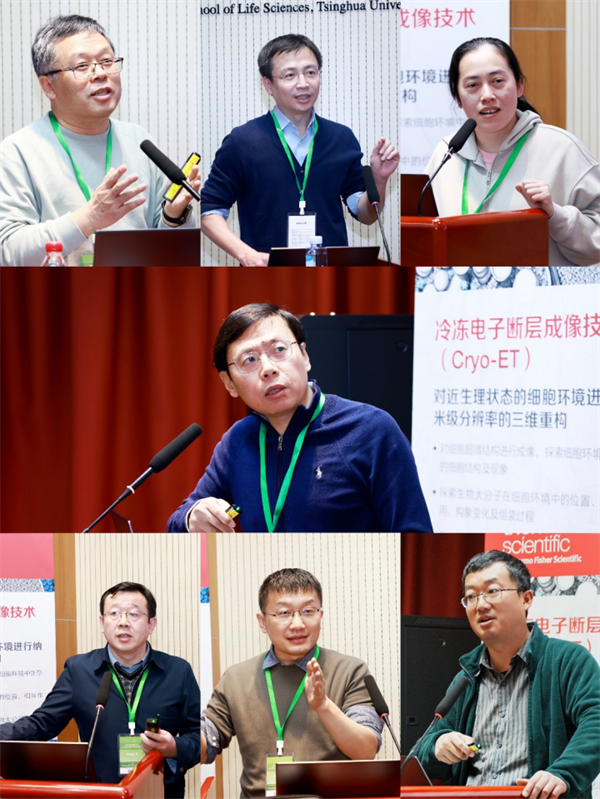
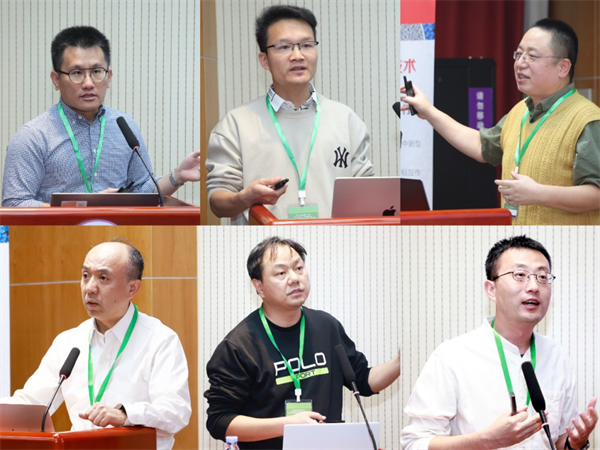
More than 10 experts from renowned institutions deliver lectures during the workshop. [Photo/WeChat account: BSC]
The organizing committee invited 13 leading experts from renowned institutions, including Tsinghua University, the Institute of Biophysics at the Chinese Academy of Sciences (CAS), Peking University and Thermo Fisher Scientific to deliver specialized lectures covering diverse aspects of cryo-EM.
They delved into topics such as the evolution of cryo-EM, fundamentals of electron microscopy and imaging principles, negative staining and cryo-fixation in sample preparation, and the operation, low-dose imaging and automated data collection in cryo-EM.
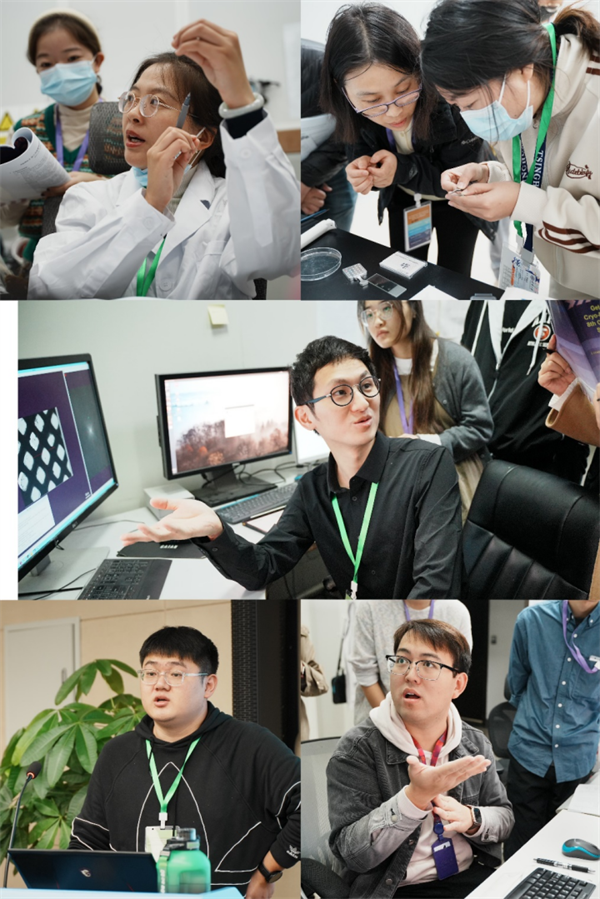
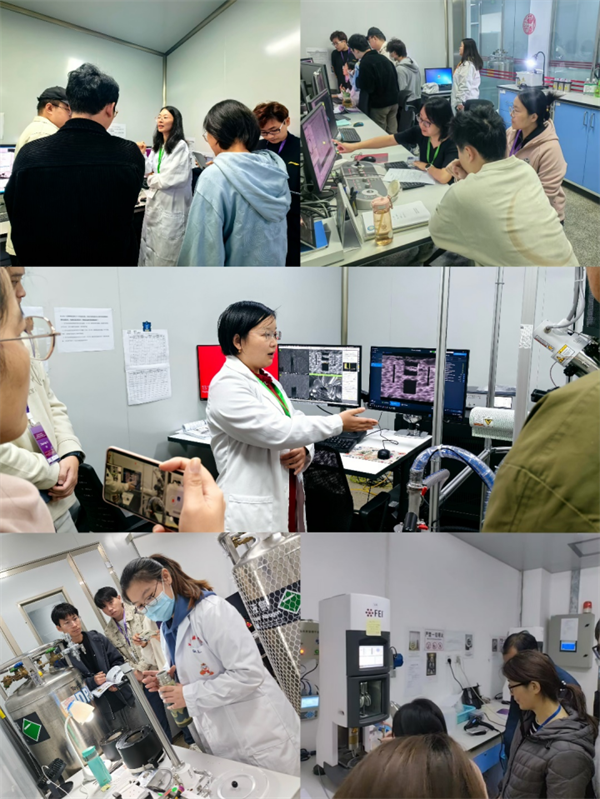
Participants engage in hands-on training sessions at Tsinghua University and the CAS Institute of Biophysics. [Photo/WeChat account: BSC]
The workshop also featured a hands-on training program spanning two days to enhance participants' practical skills. Guided by a team of 11 experienced professionals, they gained knowledge across the entire cryo-EM workflow — from sample preparation to data collection and processing.
Thematic Q&A sessions on single-particle cryo-EM and in situ cryo-EM techniques were held subsequently, prompting in-depth exchanges between attendees and experts.
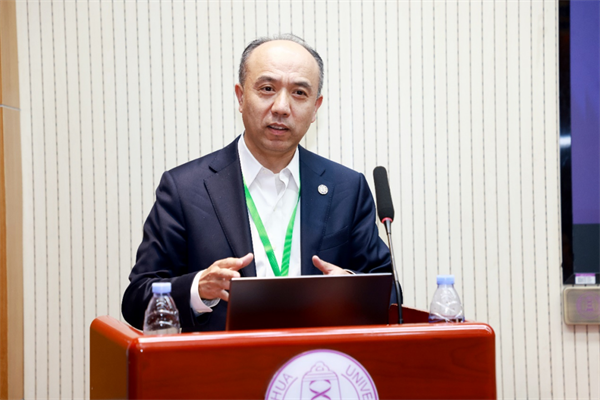
Wang Hongwei, a professor at Tsinghua University and co-chair of the workshop, delivers closing remarks. [Photo/WeChat account: BSC]
Addressing the closing ceremony, Wang Hongwei, a professor at Tsinghua University and co-chair of the workshop, encouraged participants to approach cryo-EM with both ambition and critical insight, acknowledging the challenges it faces while recognizing the need to understand its core principles beyond technological advances.
Wang praised the participants' dedication and enthusiasm throughout the event and expressed his hope that they will apply their newfound knowledge in future research.
The 2024 Nobel Prize in chemistry underscored the role of artificial intelligence in scientific research and affirmed the importance of cryo-EM in structural biology, he noted.
With the rapid progress of cryo-EM technology, he expects to see more researchers master this technique and extend its applications in life sciences, medicine and pharmacology, ultimately contributing to human health and scientific advancement.
